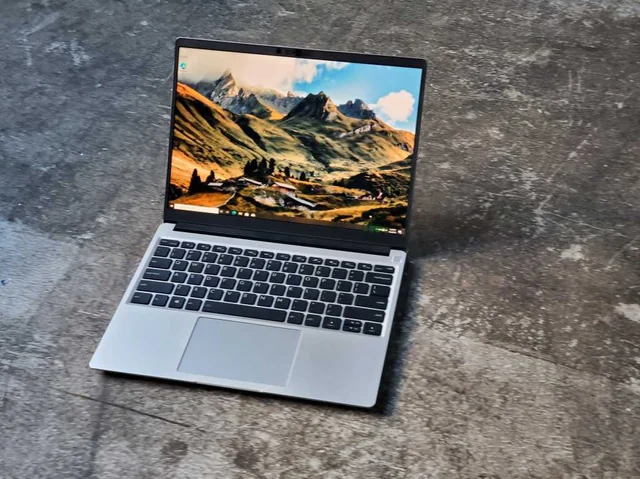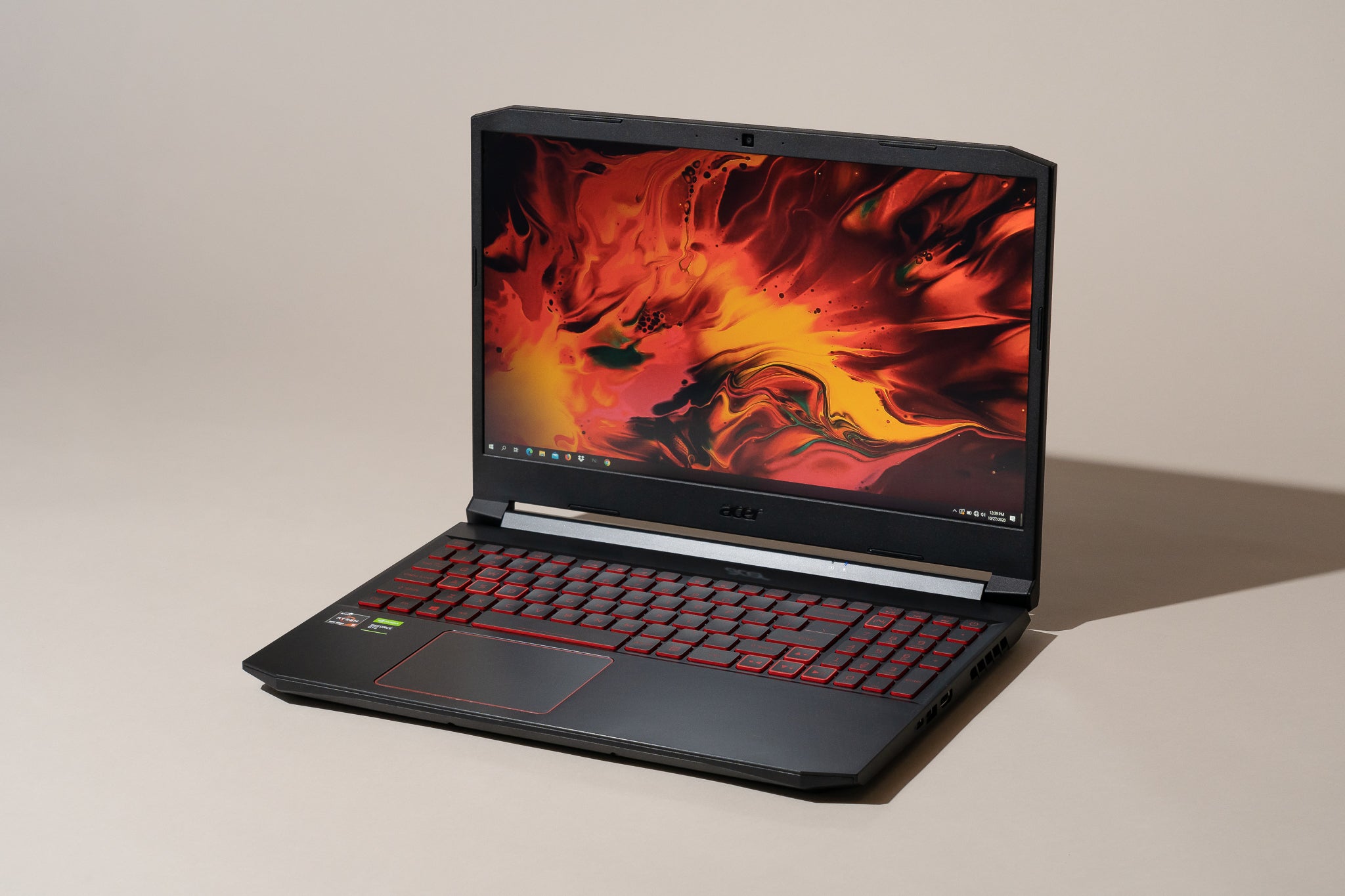Selecting the right laptop can be a challenging task with the multitude of options available. To make an informed decision, it’s crucial to understand the intricate world of laptop specifications. In this blog post, we will provide a comprehensive guide to help you decode laptop specifications, covering the essential components, technical jargon, and factors that determine a laptop’s performance.
Essential Laptop Components
Before we dive into specific laptop specifications, let’s explore the fundamental components that make up a laptop.
Processor (CPU)
The processor is the brain of the laptop. It executes instructions and handles all the computational tasks. Two major CPU manufacturers dominate the market: Intel and AMD. The processor’s speed, measured in gigahertz (GHz), and the number of cores are crucial specifications to consider.
Memory (RAM)
Random Access Memory (RAM) is the laptop’s short-term memory. It temporarily stores data and programs that the processor is actively using. The more RAM a laptop has, the smoother it can handle multitasking and resource-intensive applications.
Storage
Storage determines how much data you can store on your laptop. There are two main types of storage:
- Hard Disk Drive (HDD): These drives offer larger storage capacities at a lower cost but are slower in terms of data access.
- Solid-State Drive (SSD): SSDs are faster, more durable, and energy-efficient, making them the preferred choice for performance-focused laptops.
Graphics Processing Unit (GPU)
The GPU, or graphics card, handles visual tasks, including rendering images and videos, and running graphics-intensive applications and games. Some laptops use integrated graphics, while others have dedicated GPUs for improved performance.
Display
The laptop’s display is one of its most crucial components. Consider factors like screen size, resolution, and panel type (e.g., IPS for better color accuracy). High-resolution displays provide a better visual experience.
Operating System
The operating system (OS) is the software that manages all the laptop’s hardware and software. Common choices include Windows, macOS, Linux, and Chrome OS. Your choice of OS can influence the laptop’s capabilities and user experience.
Decoding Laptop Specifications
Now that we’ve covered the essential components, let’s delve into the technical specifications that determine a laptop’s performance.
Processor (CPU)
- Brand: Intel and AMD are the primary CPU manufacturers. Each brand offers a range of processors with different performance levels.
- Model: Specific processor models (e.g., Intel Core i7-1165G7) provide detailed information about the CPU’s generation and capabilities.
- Cores and Threads: A multi-core processor can handle multiple tasks simultaneously. The number of cores and threads is essential for multitasking and heavy workloads.
- Clock Speed (GHz): The clock speed represents the processor’s speed. Higher clock speeds generally mean better performance.
Memory (RAM)
- Capacity (GB): RAM is available in various capacities, typically starting from 4GB and going up to 32GB or more. More RAM allows for smoother multitasking and better performance with resource-intensive applications.
Storage
- Type: Choose between HDD and SSD. SSDs are recommended for faster data access and improved overall performance.
- Capacity (GB or TB): Storage capacity varies widely. Depending on your needs, you can opt for smaller SSDs or larger HDDs.
Graphics Processing Unit (GPU)
- Type: Integrated graphics are sufficient for general use, while dedicated GPUs are essential for gaming and graphics-intensive tasks.
- Model: Specific GPU models (e.g., NVIDIA GeForce RTX 3060) provide information about the GPU’s capabilities.
Display
- Size (inches): Laptops come in various screen sizes, ranging from compact 11-inch models to larger 17-inch displays. Choose a size that suits your preferences and needs.
- Resolution: Higher resolution displays offer crisper and more detailed visuals. Common resolutions include Full HD (1920×1080) and 4K (3840×2160).
- Panel Type: In-Plane Switching (IPS) panels offer better color accuracy and wider viewing angles.
Factors Affecting Laptop Performance
Beyond individual component specifications, several factors influence a laptop’s overall performance.
Cooling System
Effective cooling systems prevent overheating and ensure stable performance during demanding tasks. Laptops with advanced cooling solutions tend to perform better.
Build Quality
Well-built laptops with durable materials tend to have longer lifespans. Consider the build quality when evaluating a laptop’s performance.
Battery Life
Battery life determines how long you can use the laptop on the go. Laptops with longer battery life are more versatile.
Thermal Design
The laptop’s thermal design affects how efficiently it manages heat. Proper heat dissipation is crucial for sustained high performance.
Software Optimization
Some laptops come with software optimizations that enhance performance. Look for laptops with system-level optimizations for better overall performance.
Making an Informed Choice
When choosing a laptop, consider your specific needs and budget. Look for a balance between components that match your usage patterns and select a laptop with specifications that offer value for your intended tasks.
It’s essential to research, read reviews, and compare laptops based on the specifications and factors mentioned. Whether you need a high-performance laptop for gaming, a lightweight laptop for on-the-go productivity, or something in between, an informed choice will ensure you get the perfect laptop that suits your requirements.



